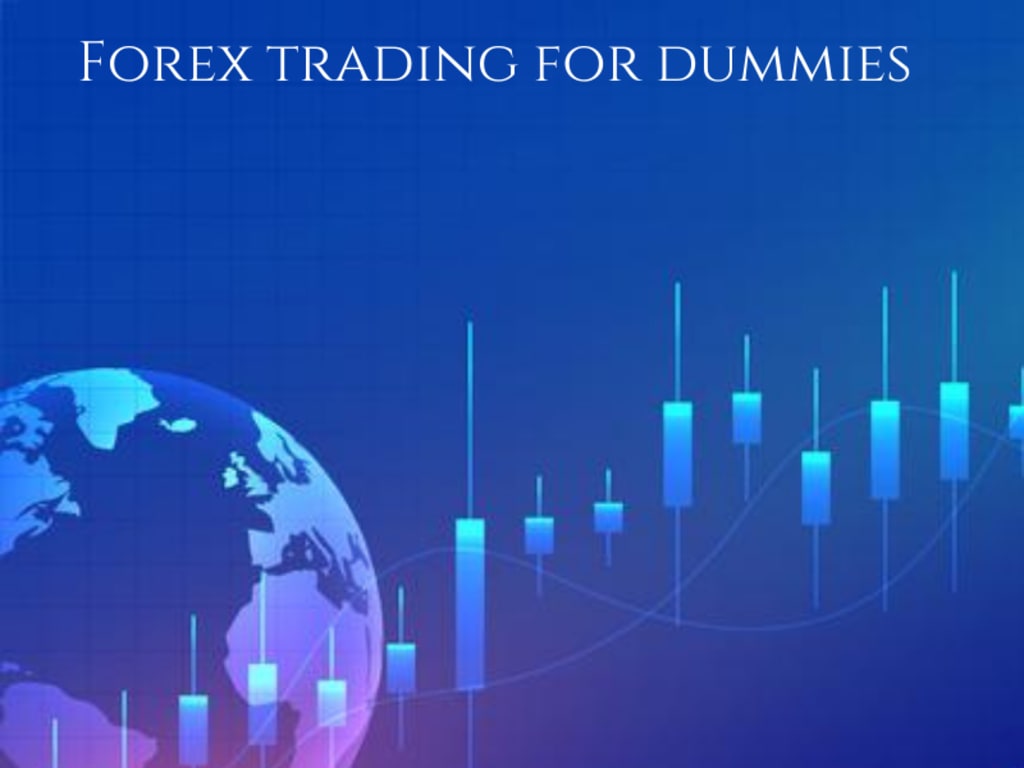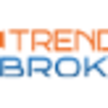Forex trading for dummies
Forex trading finds new followers all the time. If you feel attracted to the calling, we invite you to an introduction that could be a window for a more exciting tomorrow!

Forex combines foreign currency and exchange. Foreign exchange involves changing one currency into another for varied reasons, generally for trading, tourism, or commerce. As per the Bank for International Settlements, on an average $5.1 trillion was the daily forex trading volume in 2019. Forex trading for dummies is a surefire opportunity for you to wizen up to what real-world trading’s all about!
Defining the forex market
The foreign exchange market is where the national currencies are traded. Currencies are traded so as to enable foreign trade and business. In case you live in the States and wish to buy wine from France , either you or the company that you purchase the wine from has to pay for the wine in Euros. The US importer would have to exchange the equivalent value of USD into Euros. Same holds good for travelling. A Hungarian tourist in Egypt cannot pay Forints because no local would accept those. The tourist would have to exchange forints for the Egyptian pound. And at the going exchange rate.
A striking feature of this global market is that there is no central marketplace for foreign exchange. Actually, currency is traded electronically OTC or over-the-counter. This implies that all transactions occur through computer networks betwixt traders across the globe. There’s no central exchange. The market is open 24 hours a day, 5.5 days every week, currencies traded worldwide in center's like Frankfurt, Zurich, Tokyo, Sydney, Singapore, New York, Paris, and London. Every time zone can be factored in. when the trading day in the US ends, the forex market starts anew in Tokyo, and HK.
Spot market, Forwards and Futures markets
There are three ways that institutions, corporations, and individuals trade forex. These are the spot market, the forwards market, and the futures market. Spot market forex trading is the largest for the simple fact it is the underlying asset that the forward and futures markets are based on. Thanks to the Electronic Age, the spot market has cornered the most preferred status with investors. Earlier, they used to feel opportunities were more plentiful with the futures market. That’s not the case now, however.
The forwards and futures markets are more useful to companies that need to hedge their foreign exchange risks out to a distant particular future date.
What do you do in the spot market?
The spot market is where currencies are bought and sold as per current price. That price, decided upon by supply and demand, is contingent upon rafts of factors. These include current interest rates, economic performance, sentiment towards current political situations, besides the perception of future currency performance , one pitted against the other. A finalized deal is the spot deal. A bilateral transaction, it involves one party delivering an agreed upon currency amount to the counterparty, receiving a particular amount of another currency at the agreed upon exchange rate. Once a position is closed, the settlement is in cash.
Quite unlike the spot market, the forwards and futures markets trade no actual currencies. Rather, they deal in contracts that stand for claims to a specific currency type, a specific price per unit , and a future settlement date.
In the forwards markets, contracts are bought/sold OTC between two parties, the terms of business pre-determined between them.
As regards the futures market, futures contracts are bought/sold contingent upon a standard size and settlement date on commodities markets, such as the Chicago Mercantile Exchange. The futures market in the US is regulated by the National Futures Association. Futures contracts have particular details. Included are the number of units being traded, settlement and delivery dates, and minimum price increments that cannot be customized. The exchange is a counterpart to the trader, rendering clearance and settlement.
Forex trading risks
Trading currency is complex and risky. The interbank market is regulated to varying degrees, and forex instruments cannot be claimed to be standardized.
The interbank market is comprised of banks trading with each other the world over. The banks themselves have to decide upon and accept credit risk and sovereign risk, having established internal processes to keep themselves very secure.
The majority of small retail traders trade with relatively small and unregulated forex traders/dealers, who can requote prices and even trade against their own customers. The standards of regulation differ across regions of the globe.
All retail investors ought to spend time going deep into a forex dealer to find out if it is regulated in , say, the EU or the UK. the regulatory body can be studied too, to see if client interests are protected by regulated barkers in the event of insolvency or market crisis.
Conclusion
There are more factors attached to the character of Forex trading than has been discussed here. Hedging, speculation, asset class qualities. Educate yourself about risk management, trading plan, and trading strategies. Currency pair trading is a vast field in and of itself. Honestly, it takes half a decade before you can take yourself seriously as a forex trader. ROinvesting can lend a helping hand.
About the Creator
keith cooper
https://trendingbrokers.com/






Comments
There are no comments for this story
Be the first to respond and start the conversation.